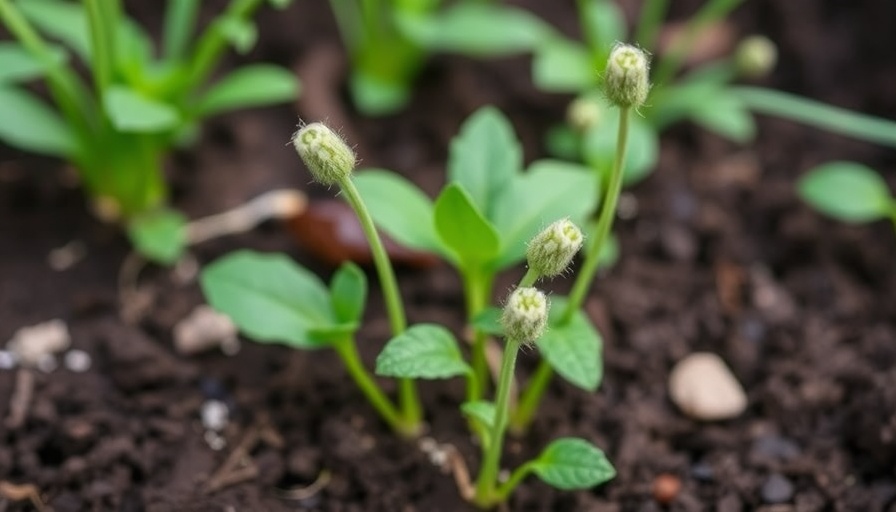
Unlocking Garden Wisdom: What Weeds Tell Us About Soil Health
For many homeowners on Long Island, the battle against weeds in the garden feels perpetual. Yet, these pesky plants aren't merely nuisances; they are nature's messengers, revealing crucial information about the health of your soil. By understanding what specific weeds indicate, you can take targeted steps to improve your garden’s soil quality and overall health.
Compacted Soil: The Significance of Dandelions
Seeing dandelions sprouting in your garden? This is often a telltale sign of compacted soil. Dandelions thrive in heavy, low-oxygen soil where they can break through hard layers with their deep taproots. To alleviate compacted soil, it’s important to aerate your garden by using a garden fork or mechanical aerator. Mixing in organic matter such as compost can also improve soil structure, allowing air and nutrients to reach deeper root systems.
Identifying Nutrient Deficiencies: The Case of Clover
Clover is not only familiar but beneficial; this common weed signals low nitrogen levels in your soil. When clover appears, it indicates that the soil may need nitrogen-rich amendments such as blood meal or fish emulsion to restore balance. Similarly, embracing clover as a cover crop intentionally can replenish nitrogen, maintaining a healthy growing environment.
Understanding Soil pH Levels: Sorrel and Soil Balance
If sheep sorrel or red sorrel are populating your garden, it’s time to check your soil pH. These weeds thrive in overly acidic conditions, which can hinder your vegetables’ growth. Solutions include incorporating lime to raise pH levels and layering compost to buffer acidity. Regular soil testing is essential in maintaining balanced pH levels to ensure optimal plant growth.
Future Gardening Success: Building a Healthy Soil Ecosystem
To keep your garden thriving and minimize weed pressure, it's vital to adopt a holistic approach to soil health. This means testing your soil every couple of years, keeping it covered with mulch, and rotating crops to maintain fertility. By fostering a thriving ecosystem with earthworms and beneficial microbes, you ensure that your garden remains vibrant.
Taking Action: Your Next Steps
Now that you understand what your garden weeds indicate, it’s time to take action. Regularly inspect your garden for weeds, documenting their presence and making amendments based on their cues. Create a garden where healthy soil leads to flourishing plants.
Live on Long Island? Join local gardening groups that share tips and experiences. Connect with fellow gardeners who can offer valuable insights tailored to our unique environment.
 Add Row
Add Row  Add
Add 




Write A Comment